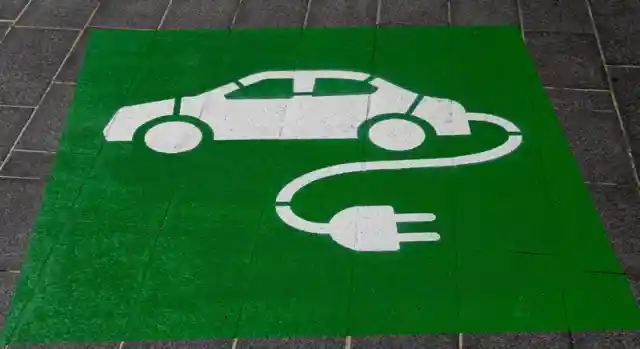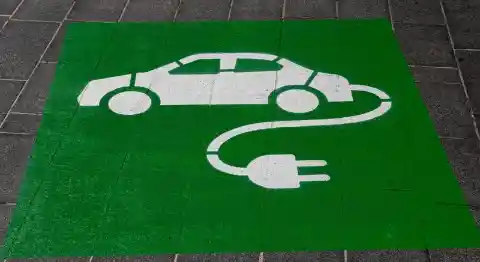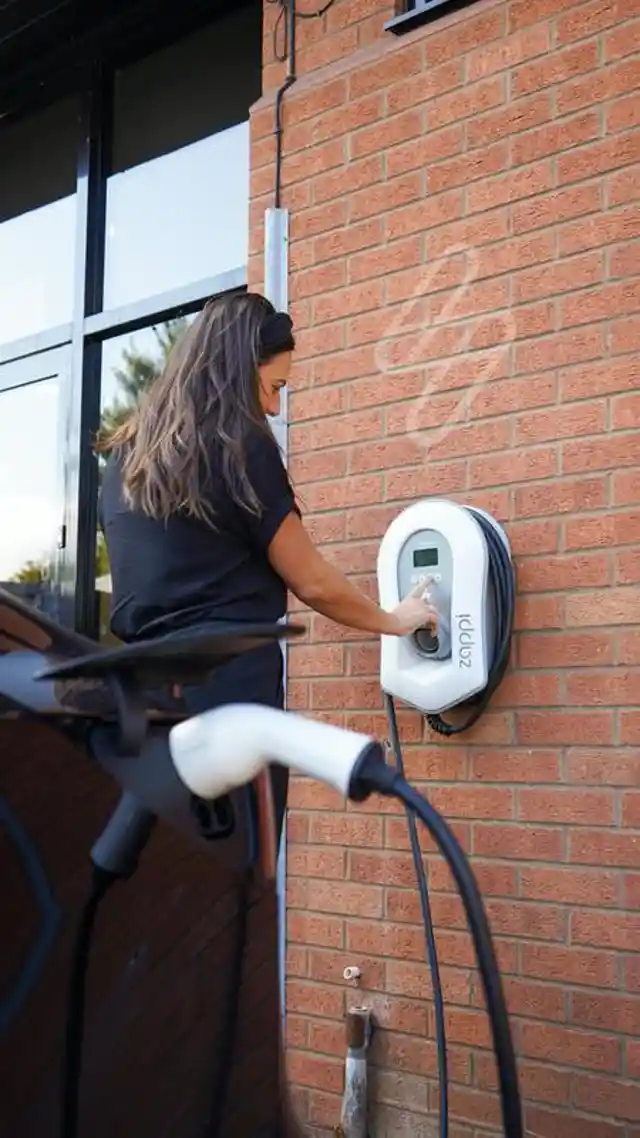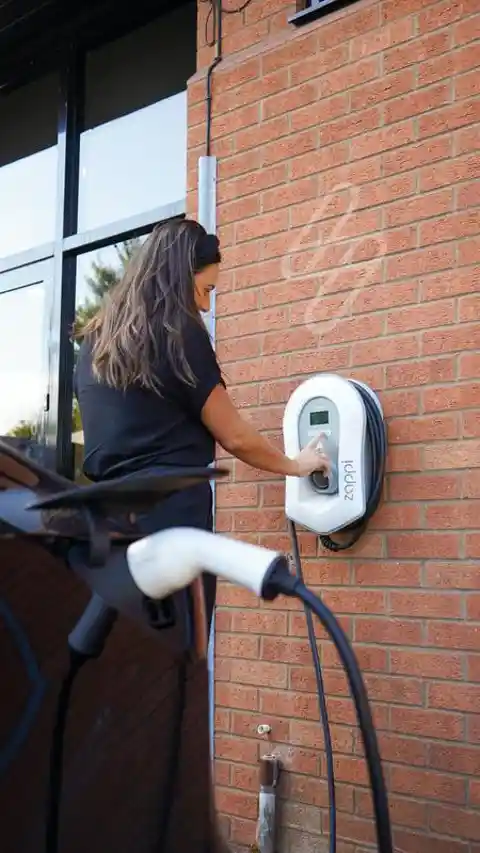Go back a decade, and the electric car revolution was very much in vogue. However, ask the average person on the street, and it was deemed a fantasy. Too expensive to replace every car, and like most hardware, it would be years, even decades, before the average person on the street could afford one. Despite the need to try and do more to be more environmentally sound, the typical response to electric vehicles was a shrug of the shoulders. It was simply seen as too ambitious to be a medium-term goal.


Well, that appears to have been incorrect. Electric vehicle sales are flying through the roof, and many experts now believe that the much-fabled overtaking of standard petrol/diesel cars could happen sooner than originally aimed. Indeed, many major car manufacturers are now discussing pivoting from petrol and diesel cars to going into the electric revolution full throttle.
This might come as a surprise for some, but major manufacturers are committing in-house to stop producing standard vehicles by the end of the 2020s.
Indeed, major manufacturers like Volvo are saying 2030 is now the deadline which is a fair bit sooner than the original plans. Other makers such as General Motors are aiming for 2035, while VW aims for a 70/30 split by the end of the 2020s.


The rapid growth of electric car sales
There are many reasons why these sales are increasing in volume. For one, environmental consciousness is higher now than it arguably ever has been. By the same token, many governments are offering subsidies and grants to vehicle manufacturers in their countries.
Thanks to the improvement in the hardware involved, too, typical consumers are more convinced than before. The previous issues of finding charging stations on the go and battery length have mostly been overcome. This means that today, the average electric vehicle is far more ready to handle the daily commute than ever before.
And with the cost of ownership coming down thanks to increased mass production, there is a market now where the average person can own an electric vehicle. Once seen as a sign of class divide as the well-off could afford electric vehicles whilst everyone else paid premiums for diesel and petrol, the revolution is picking up pace.
Who knows? By 2030 we could see even the estimates of today as conservative!